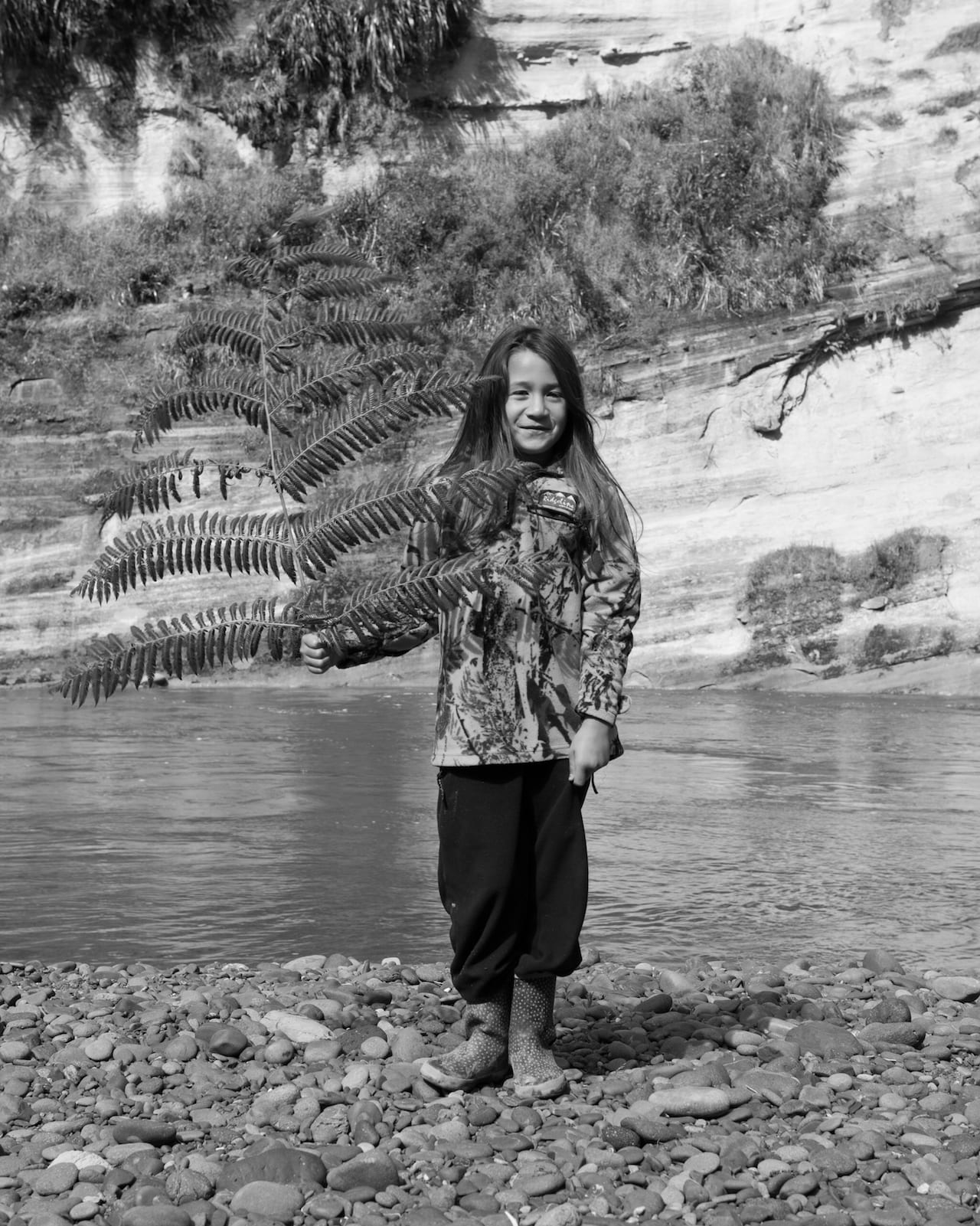When the Treaty of Waitangi was signed in 1840, most of the land in New Zealand belonged to the Māori tribes. The treaty prevented the sale of land to anyone other than the Crown, and was intended to protect the indigenous people against other European colonial forces. But within a century, the Crown had either bought, occupied, or outright confiscated huge portions of the country, leaving the Māori with only a few pockets of their sacred land.
The Whanganui river is New Zealand’s third longest river, home to the Whanganui tribes and seen as both their ancestor and source of spiritual sustenance. The land surrounding the river was once one of the most densely populated areas in New Zealand. But with the arrival of colonial settlers, it became a major trading post.
On 15 March 2017, after 140 years of negotiation – New Zealand’s longest-running litigation – the Whanganui river was granted the same legal status as a human being, meaning it would be treated and protected as an indivisible whole. Hundreds of members of Māori wept with joy as the lifeblood of their tribe, from which they take their name, spirit and strength, was given recognition as one of their ancestors.

